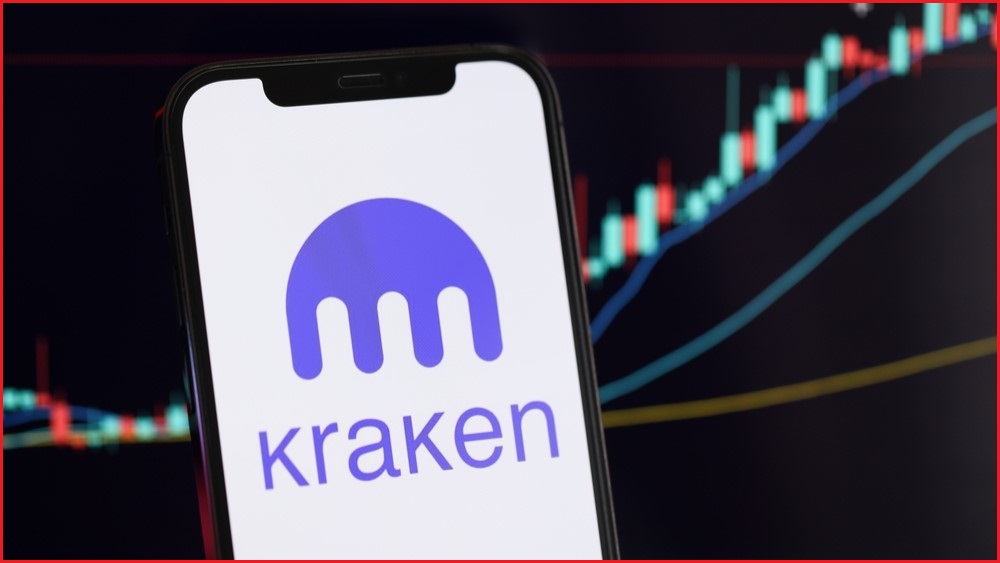The Australian operator of popular cryptocurrency exchange Kraken has been ordered to pay an $8 million fine by the federal court after it was found to have issued a credit facility to more than 1,100 customers without checking their suitability.
It comes after financial watchdog the Australian Securities and Investments Commission (ASIC) initiated civil proceedings against Bit Trade, which operates Kraken in Australia, for not complying with rules for one of its trading products.
Customers who were allegedly targeted by the product lost more than $7.85 million ($US5 million), with one investor losing almost $6.3 million ($US4 million) alone, ASIC said.
The fine against Bit Trade marked the first penalty for a business failing to have a target market determination (TMD) — a document which outlines who a particular product is suitable for.
Bit Trade’s margin extension product allowed for money borrowed as a form of credit or loan to be invested, with digital assets like bitcoin or national currencies used as collateral.
Bit Trade issued the product without a TMD to Australians “without considering if the product was appropriate for them”, ASIC alleged.
In August, the federal court found Bit Trade had breached its design and distribution obligations (DDO) each time it offered the product to a customer without the required TMD.
Between 5 October 2021 and 11 August 2023, 1,163 Australian customers who used the product paid fees and interest totalling more than $12 million ($US7.7 million), according to court documents.
The court found the total number of customers which used the product was likely higher than 1,163, as Bit Trade offered it to consumers until 23 August 2024.
In his penalty decision last Thursday, the federal court’s Justice John Nicholas said he believed Bit Trade’s "contraventions were serious and motivated by a desire to maximise revenue”.
He said the company “did not turn its mind to the requirement of the DDO regime until these were first drawn to its attention by ASIC”.
"The failure to consider that matter points to a seriously deficient compliance system that is not explained by the complexity of the DDO regime,” Nicholas said.
On top of its $8 million fine, Bit Trade was also ordered to pay ASIC’s costs for the legal proceedings.

Bit Trade, which operates Kraken in Australia, must pay an $8 million fine and ASIC's legal costs. Photo: Kraken / Supplied
‘A significant outcome’
ASIC’s chair, Joe Longo, said the findings against Bit Trade were “a significant outcome”, and highlighted the importance of TMDs to ensure “investors are not inappropriately marketed products that could harm them”.
“It is ASIC’s first penalty against an entity for failing to have a TMD and a reminder for digital assets firms to consider their regulatory compliance obligations,” he said.
“ASIC believes many products offered by digital assets firms are captured by the current law, which means those products need to be properly designed and marketed to the right consumers to ensure Australians receive appropriate protections.”
A spokesperson for Kraken, which debuted in Australia in June 2020, told Information Age that the company was “disappointed with the outcome of this case”.
“We believe this case highlights the urgent need for bespoke crypto legislation to address the shortcomings that are causing confusion and uncertainty for Australian crypto investors and businesses,” they said.
“We believe these rulings significantly hamper growth in the Australian economy.
“We look forward to engaging constructively with policymakers and regulators as these rules are developed.”
In early December, ASIC began industry consultations with the digital assets sector, seeking feedback on proposed updates to its digital asset guidance, including when such assets would be regulated under current laws.
In September, after the federal court ruled against Bit Trade, Kraken issued a statement arguing “the judgment highlighted, and clearly affirmed, that existing Australian law is not effective at regulating crypto”.
The company said that while it “broadly” supported proposed regulatory updates, it was concerned about delays to such changes.
Opposition spokesperson for treasury and financial services, Luke Howarth, has accused the government of “leaving Australia’s digital assets sector in regulatory limbo”.
“There are significant concerns that ASIC is now pre-emptively shaping the regulatory landscape for digital assets before a comprehensive legislative framework is established,” he said on Thursday.










